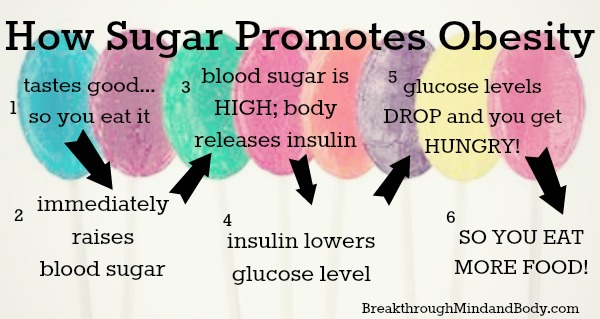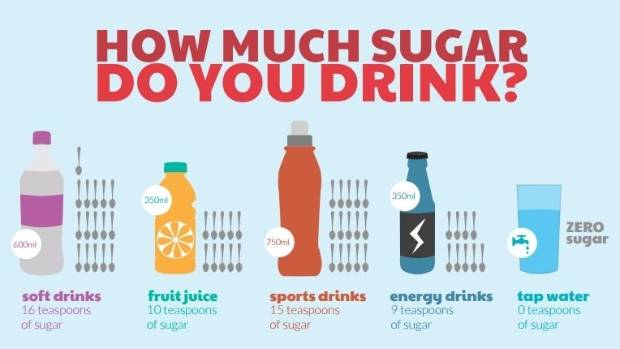
Doctors have long suspected sugar is not simply a source of excess calories but a fundamental cause of obesity and type 2 diabetes. But until recently, fat consumption and total energy balance have dominated the debate about obesity and the nature of a healthy diet.
Official estimates are that one in 16 people in the UK has diabetes — The current cost of direct patient care (treatment, intervention and complications) for those living with diabetes in the UK is estimated at £9.8 billion (£1 billion for type 1 diabetes and £8.8 billion for type 2 diabetes).

In 2016, World Health Organization (WHO) director general Margaret Chan described the twin epidemics of obesity and diabetes worldwide as a “slow-motion disaster” — and suggested that the likelihood of preventing the current “bad situation” from getting “much worse” was “virtually zero.”
Why, despite all our best efforts, have these epidemics gone unchecked? A simple explanation could be that our understanding of the cause of the disease is fundamentally flawed.
The past decade has seen a renewed interest in the possibility that calorific sweeteners — particularly sugar and high fructose syrups — have major roles in causing obesity and diabetes — and major public health organisations are now recommending strict limits to the consumption of these sugars. The problem is that these recommendations target sugar only for its calories rather than as a potential causal agent of disease.

What if the problem is the sugar itself? Sugar is metabolised differently than other carb-rich foods and could have deleterious effects on the human body independent of its calorific content.
The evidence that sugar has harmful qualities independent of its calories is still ambiguous. But if it is proven to be true it will change how we must communicate the dangers of sugar consumption.
Setting an upper limit to the amount of sugar that should be consumed in a healthy diet is a good start, but we still don’t know if the level recommended is safe for everyone. It could be that for people who have obesity or diabetes, or both, even a little is too much. And the ubiquity of sugar rich products may make it difficult for many people to maintain a healthy level of sugar consumption.
Given the scale of the obesity and diabetes epidemics a concerted programme of research to establish reliable knowledge on this subject should be among our highest priorities. Meanwhile, we can acknowledge the uncertainties while still recommending strongly against consumption.
You can see here how much sugar you are consuming. And here the link between obesity, diabetes and Alzheimers disease.
If you are concerned about your weight management, your risk of diabetes and/or obesity, do not delay and risk your health deteriorating. Make an appointment to see the doctor.
Call 966 860 258 or email doctors@medcarespain.com
